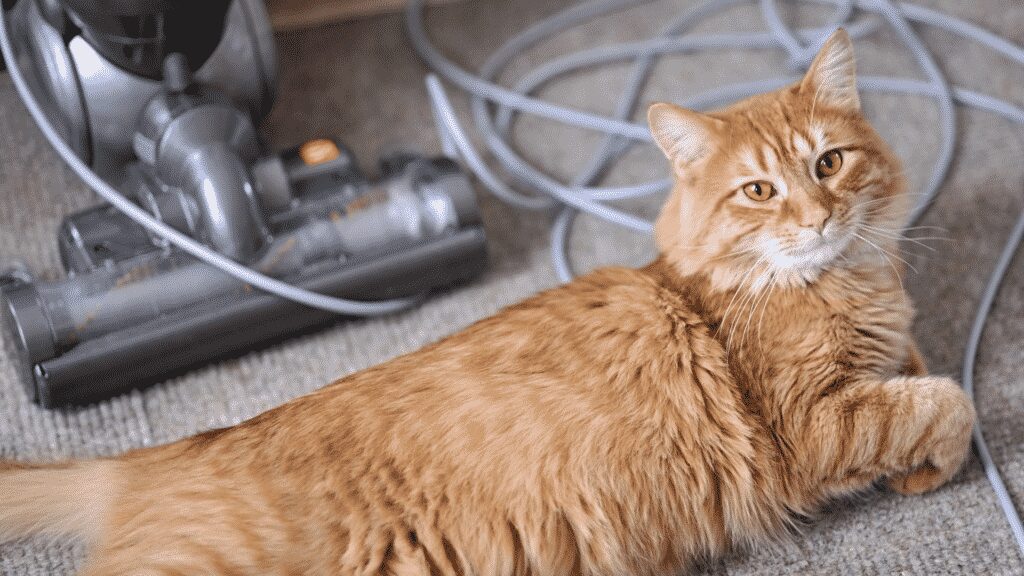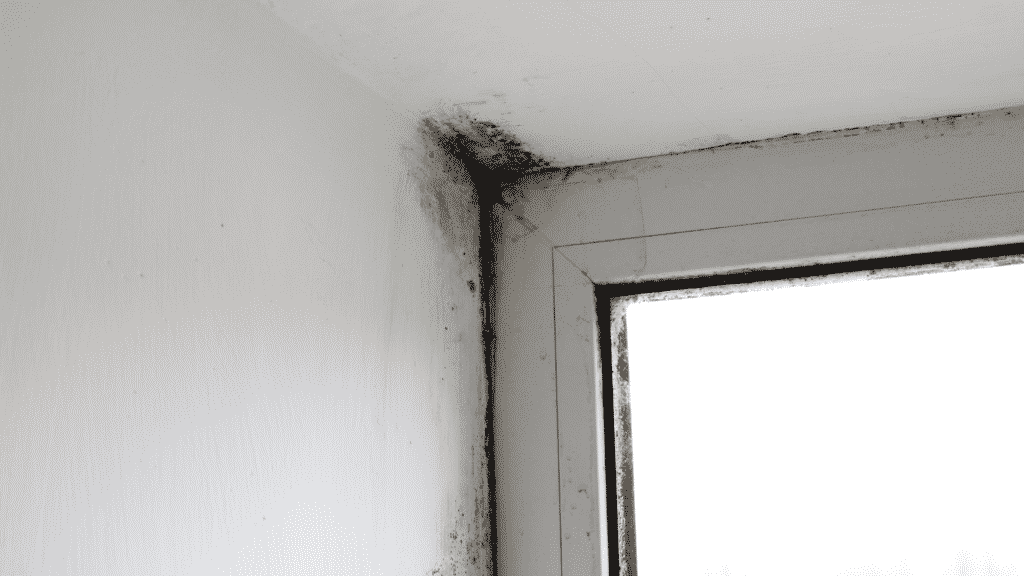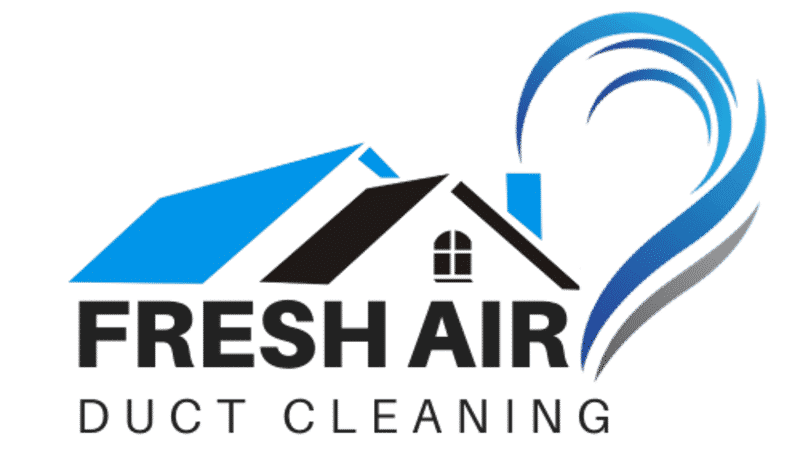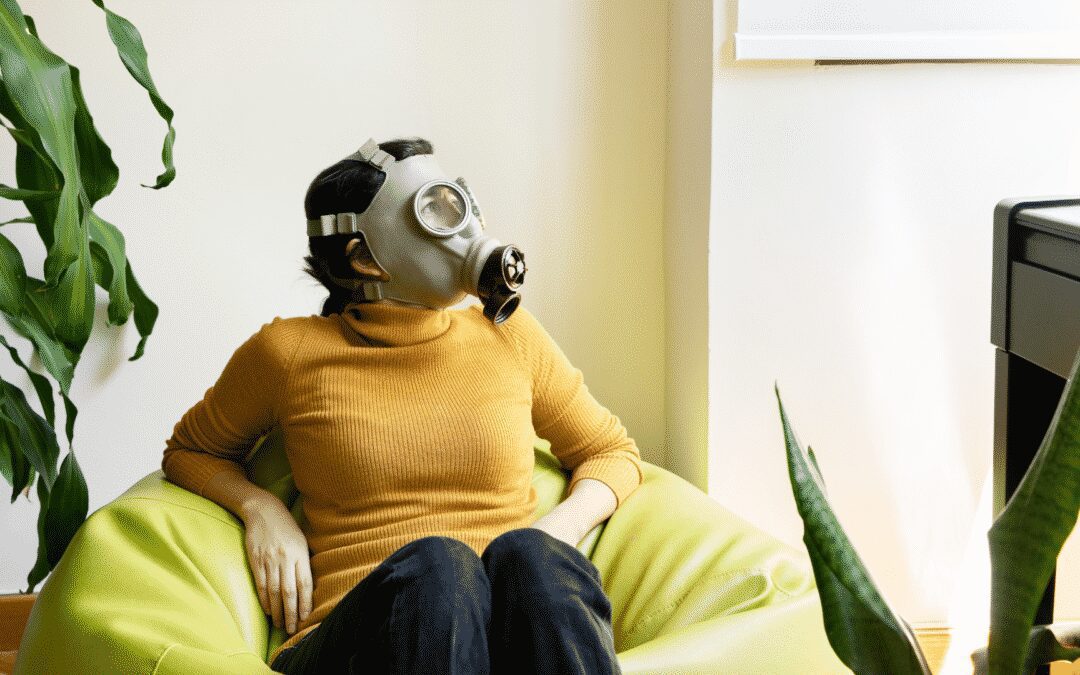Indoor air pollution is worse inside your home than it is outside. This is because your indoor air has nowhere to go, so pollutants are often denser in these enclosed areas. The EPA reports that humans spend 90% of their time indoors. This means the quality of air in your home is detrimental to your health and wellbeing.
Short-term effects of poor indoor air pollution include sneezing, coughing, dry or irritated eyes, and sore throat. After prolonged exposure, indoor air pollution has been known to cause serious respiratory diseases and increase heart disease. Pollutants in the air put more stress on the lungs and heart, which results in serious diseases. Here are the types of indoor air pollution your home may be harboring.
Dander
Dander is considered skin and hair shredded from pets and humans. Humans shed about one million skin cells every day, while pets shed hair and skin throughout their lifetime. Skin cells and hair are some of the most common ingredients in the dust. Dust comprises other materials such as linen fibers, insects, and dirt, but dander is the primary component.
Every household will face dander, and there are many ways to reduce its presence. Pet owners should have their furry or feathery friend groomed regularly. Regular brushes will help maintain the shedding of dander. Furthermore, regular air duct cleanings will help remove dander from the air. You’ll experience less dust and breathe cleaner air after the process is over.

Gases
There are gases all around us, such as oxygen, nitrogen, and carbon. However, the inside of your home could contain harmful and toxic gases. Common examples include carbon monoxide, nitrogen dioxide, and radon. Each of these gases can be found in your home and risk serious health conditions or even death.
Carbon monoxide is a colorless, odorless gas produced by the incomplete combustion of fossil fuels. Many household appliances can let off this harmful gas. Below are just a few sources that can produce carbon monoxide:
- gas oven/stove
- furnace
- water heater
- open fires
- fireplaces
- car engines in an enclosed space
Nitrogen dioxide is a toxic and corrosive gas that also originates from the combustion of fossil fuels. Short-term exposure to this toxic gas can create serious conditions with the lungs, such as chronic bronchitis and impaired lung function.
Finally, radon is similar to carbon monoxide in that it is odorless and colorless. Radon is found everywhere on Earth because it is produced as the planet breaks down. However, being exposed to large amounts of this gas increases your chance of developing lung cancer. Regular air duct cleanings can keep levels of radon down in your home.
Mold Spores
Mold spores are found everywhere in the air. They are continuously floating around us, and we consistently breathe them in. In low amounts, spores are fine for our health. After prolonged exposure to large amounts, mold can cause serious health problems in humans. The type of mold greatly determines its effects on the body, but overall exposure is not healthy.
People with respiratory diseases such as asthma or allergies will notice the effects of mold spores more than anyone else will. An increase in symptoms will be a major sign indoor air quality is poor. The best method of preventing mold growth in your home is to replace water damage as soon as possible and have your air ducts cleaned regularly.

Smoke
Whether you have a fireplace or a loved one who smokes, your indoor air quality is drastically lowered. Smoke from cigarettes contains harmful, toxic chemicals found in rat poison. These chemicals soak into nearby materials, which can also emit toxic chemicals. Second-hand and third-hand smoke are serious issues and have been linked to the cause of lung cancer.
As for your fireplace, chimneys are known to send smoke back into the home or even other people’s homes. It is important to have an annual chimney inspection, so your chimney flue and liner are intact. Without a sustained liner, you can expect smoke to reenter the home and risk a fire. The chimney liner’s job is to protect flammable materials in the home. Those materials can catch on fire from the high amounts of heat and cause serious damage if left exposed. Have your chimney inspected and cleaned annually!
Protect Your Home From Indoor Air Pollution
Indoor air pollution is something you should not overlook or disregard. Spending so much time in your home with poor quality air is a serious health risk. Fresh Air Duct Cleaning offers a wide range of services to protect homeowners from deadly indoor air pollution and other contaminants. Contact our team today for regular air duct cleaning services. We can also perform chimney sweeps and inspections to ensure your protection from potential fires in the flue. Contact us today for more details on our services.

